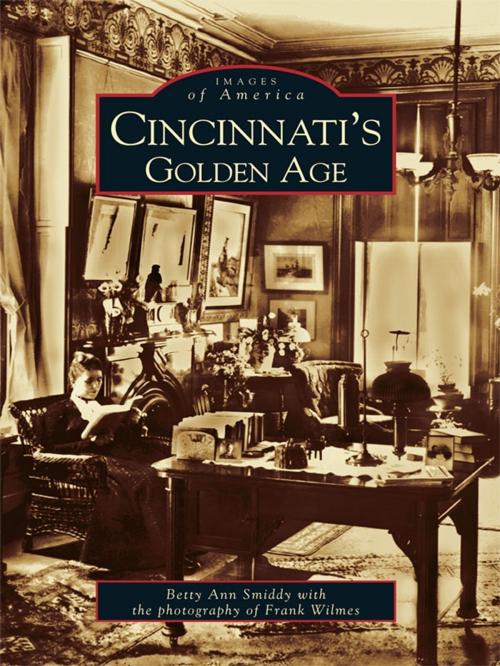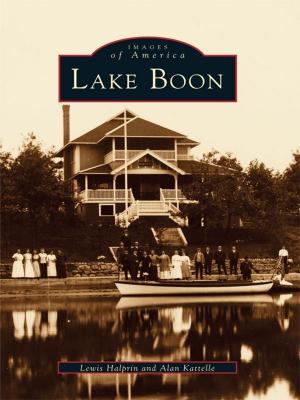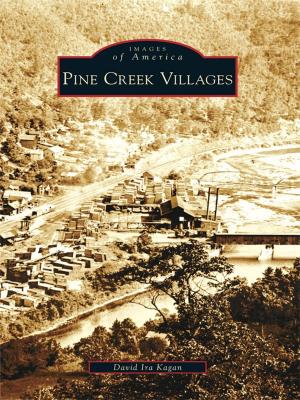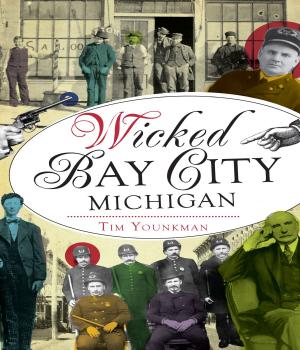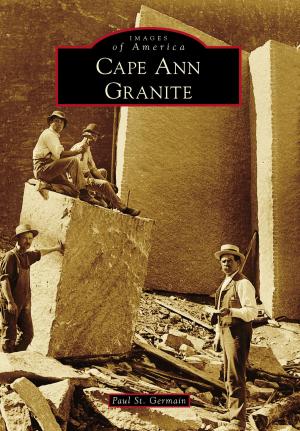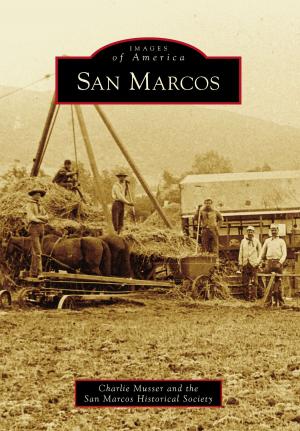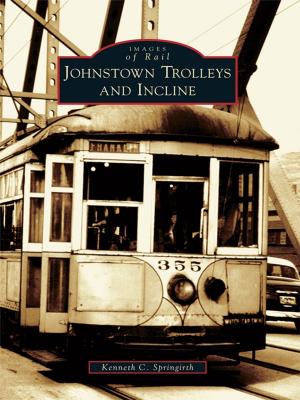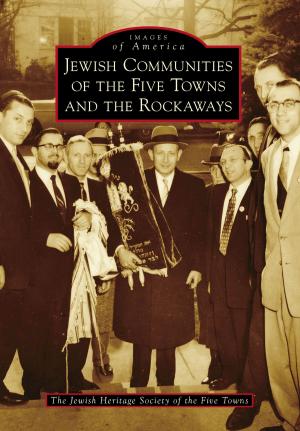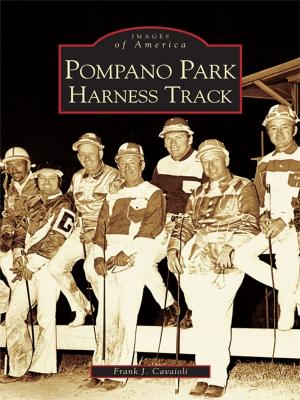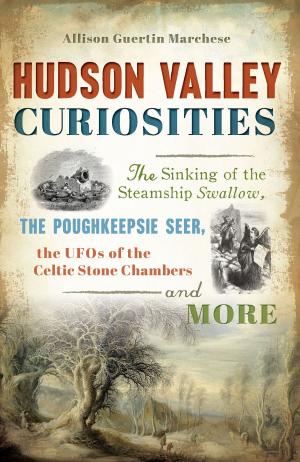| Author: | Betty Ann Smiddy | ISBN: | 9781439615454 |
| Publisher: | Arcadia Publishing Inc. | Publication: | August 3, 2005 |
| Imprint: | Arcadia Publishing | Language: | English |
| Author: | Betty Ann Smiddy |
| ISBN: | 9781439615454 |
| Publisher: | Arcadia Publishing Inc. |
| Publication: | August 3, 2005 |
| Imprint: | Arcadia Publishing |
| Language: | English |
In its golden age, Cincinnati was a leader in industry and culture. Europeans immigrated into the city to fill jobs, and the rural landscape was developing into suburbs. Incline railways provided access to hilltop neighborhoods, and for
the first time, the middle class could afford to move to outlying areas, commuting to work in the city. Breweries, soap manufacturers, meat packing plants, and other industries flourished, as supplies and products were distributed throughout Cincinnati along the Miami-Erie
Canal�steamboats crowded the Ohio River wharves. The city thrived during the decades surrounding the turn of the 19th century.
the first time, the middle class could afford to move to outlying areas, commuting to work in the city. Breweries, soap manufacturers, meat packing plants, and other industries flourished, as supplies and products were distributed throughout Cincinnati along the Miami-Erie
Canal�steamboats crowded the Ohio River wharves. The city thrived during the decades surrounding the turn of the 19th century.
In its golden age, Cincinnati was a leader in industry and culture. Europeans immigrated into the city to fill jobs, and the rural landscape was developing into suburbs. Incline railways provided access to hilltop neighborhoods, and for
the first time, the middle class could afford to move to outlying areas, commuting to work in the city. Breweries, soap manufacturers, meat packing plants, and other industries flourished, as supplies and products were distributed throughout Cincinnati along the Miami-Erie
Canal�steamboats crowded the Ohio River wharves. The city thrived during the decades surrounding the turn of the 19th century.
the first time, the middle class could afford to move to outlying areas, commuting to work in the city. Breweries, soap manufacturers, meat packing plants, and other industries flourished, as supplies and products were distributed throughout Cincinnati along the Miami-Erie
Canal�steamboats crowded the Ohio River wharves. The city thrived during the decades surrounding the turn of the 19th century.
